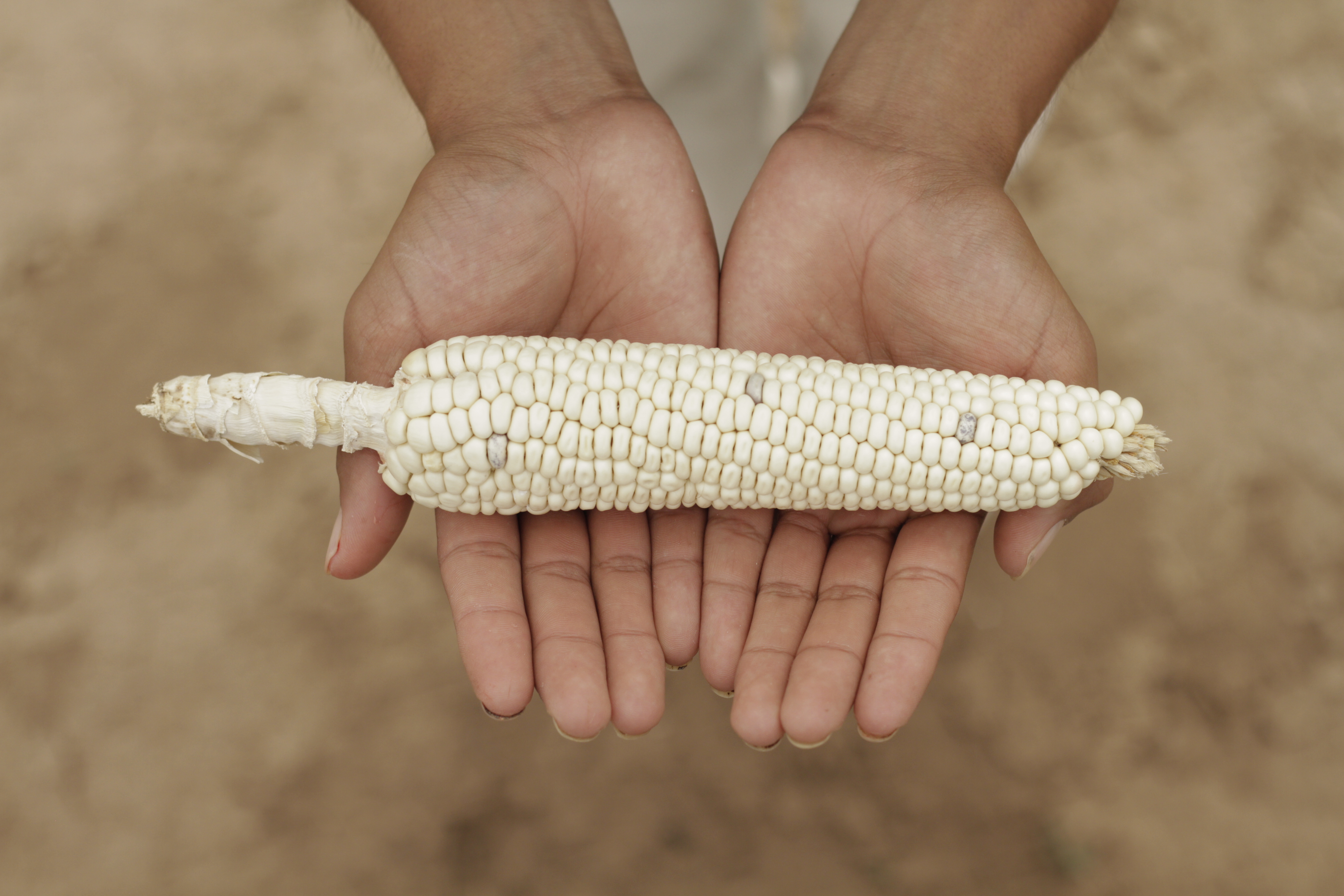
Our work with Indian peoples has for years drawn connections between indigenous land rights, environmental protection and human rights. In most indigenous cultures, separating these issues makes no sense. Our Purpose Statement points out the intersection of these threats to indigenous peoples:
"Indian nations and tribes and other indigenous communities throughout the world are afflicted by poverty, poor health and discrimination. ... When indigenous peoples are deprived of their ways of life and their ties to the earth, they suffer. Many have disappeared completely."
Almost all of our projects, including our work with the Yukon River Inter-Tribal Watershed Council in Alaska and the Yukon Territory and with the Assiniboine and Gros Ventre Tribes of the Fort Belknap Reservation in Montana, address the inextricable relationship between land rights, environmental health, and human rights.


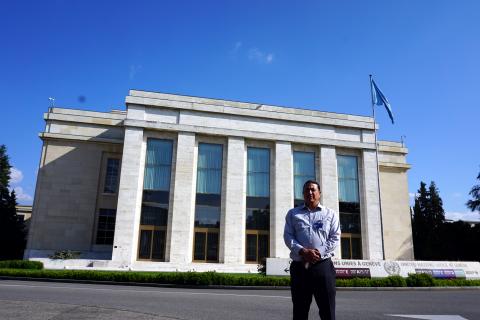
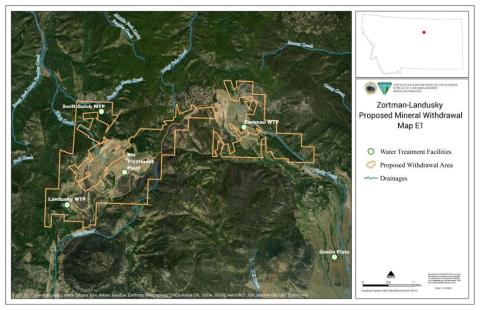
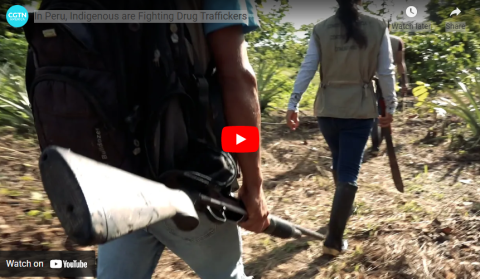
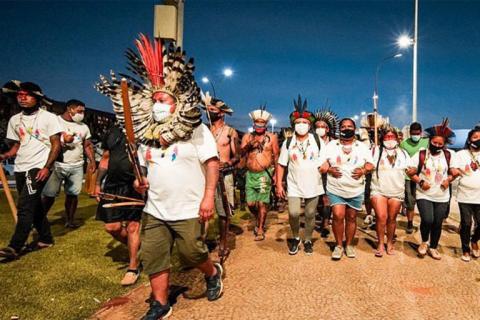
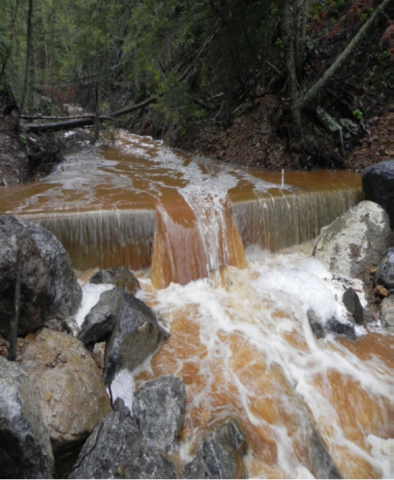
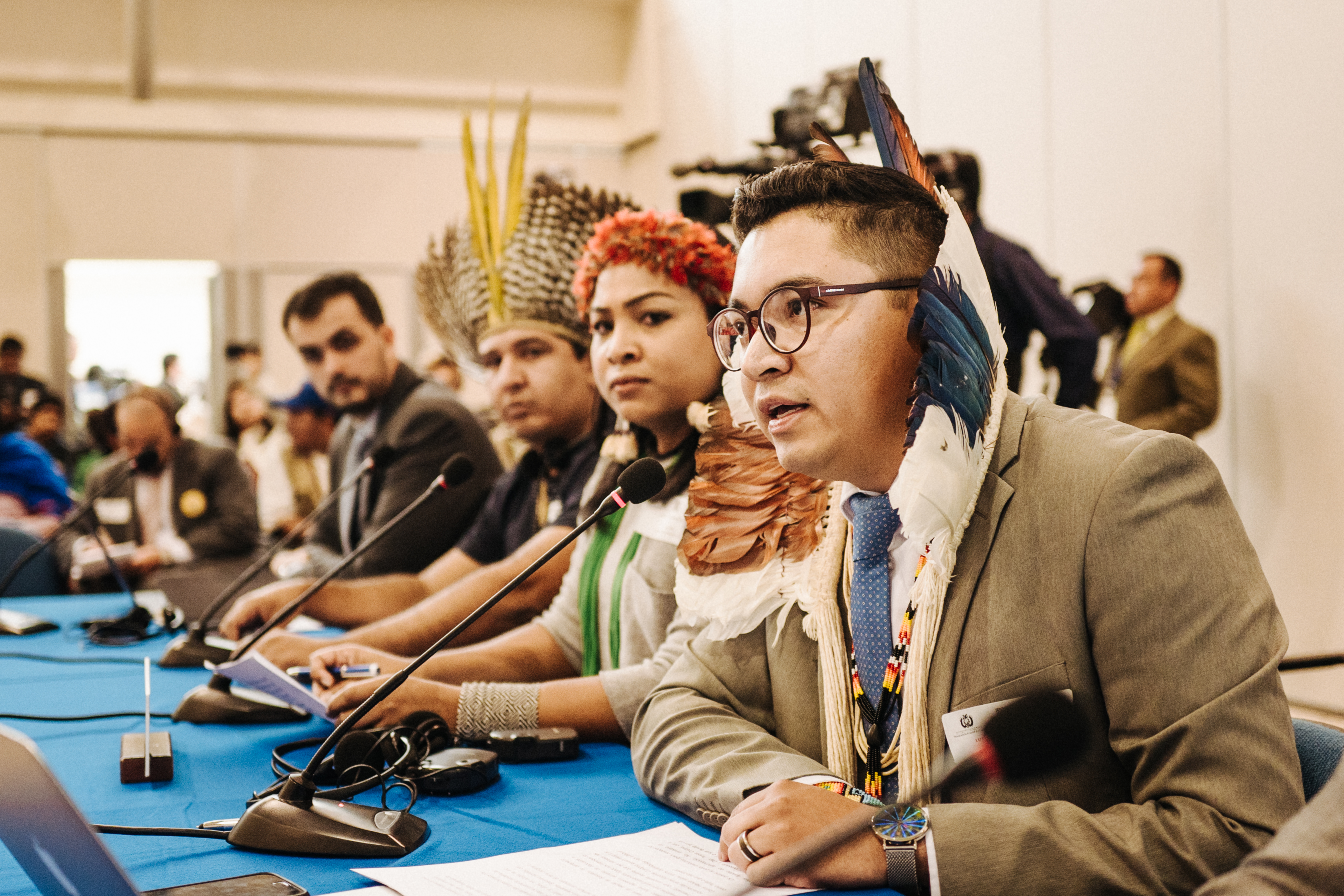
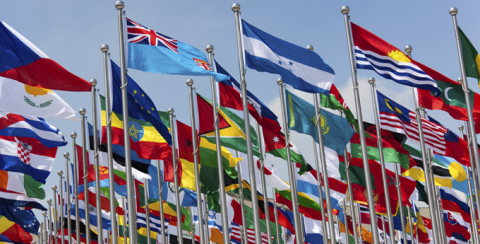

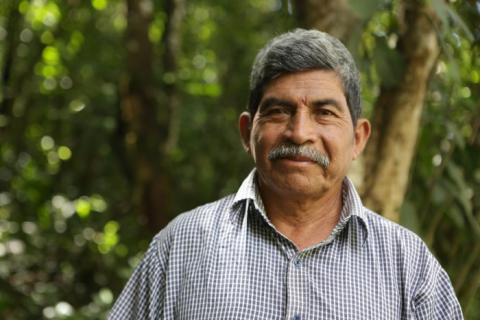
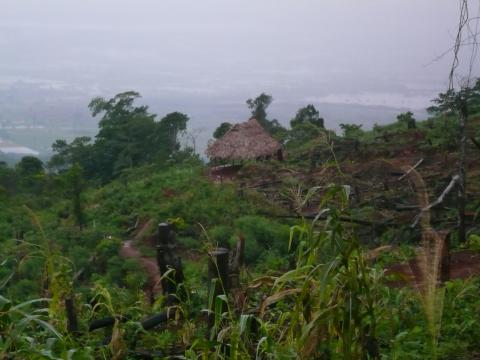
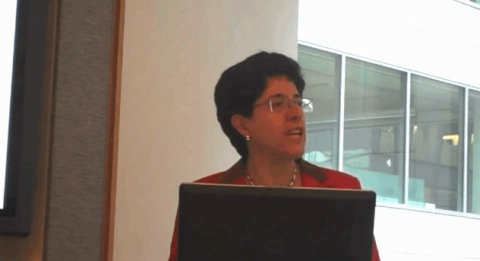
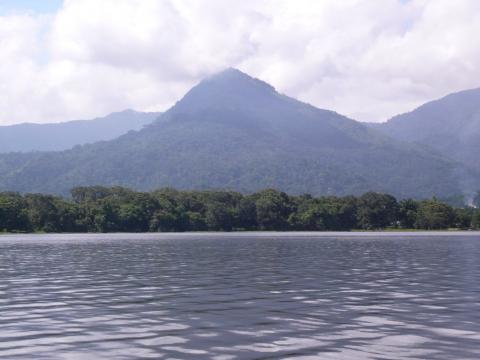
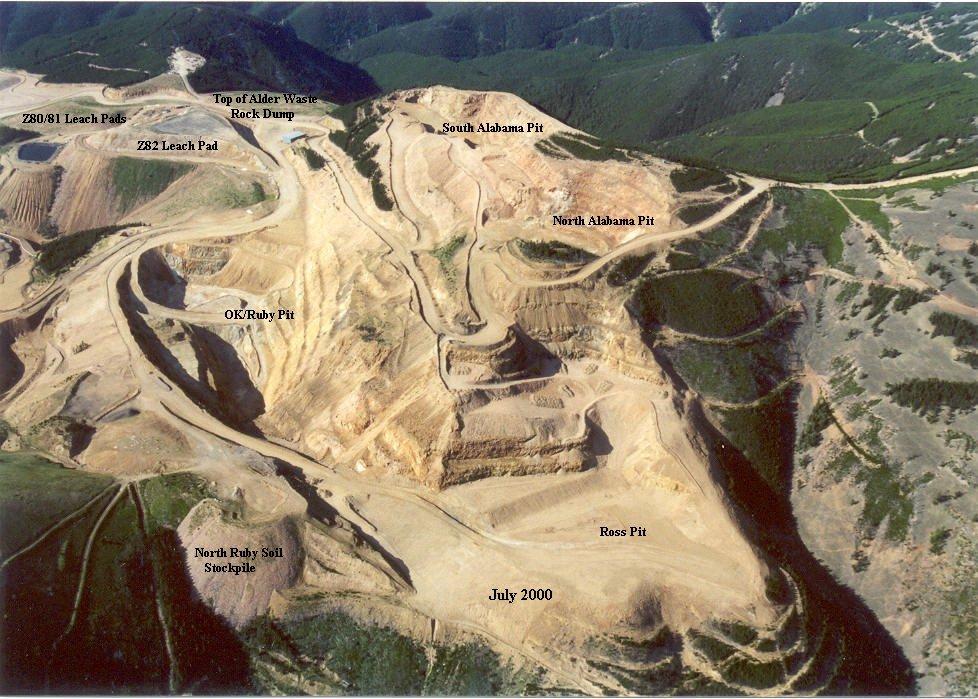 For more than 15 years, the Center has provided legal representation to the Assiniboine and Gros Ventre Tribes of the Fort Belknap Indian Reservation in their fight for environmental justice and clean-up of the contamination caused by the Zortman and Landusky gold mines adjacent to the Fort Belknap Reservation. Through lawsuits and public pressure, we helped the Tribes shut down the mines – once the largest heap-leach g
For more than 15 years, the Center has provided legal representation to the Assiniboine and Gros Ventre Tribes of the Fort Belknap Indian Reservation in their fight for environmental justice and clean-up of the contamination caused by the Zortman and Landusky gold mines adjacent to the Fort Belknap Reservation. Through lawsuits and public pressure, we helped the Tribes shut down the mines – once the largest heap-leach g